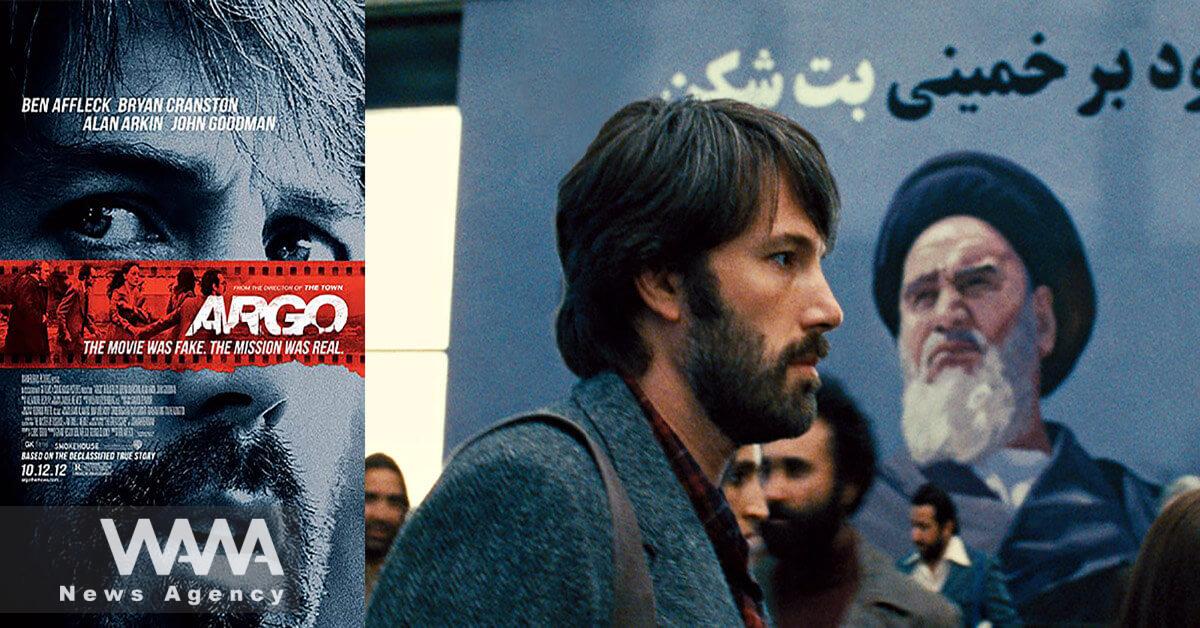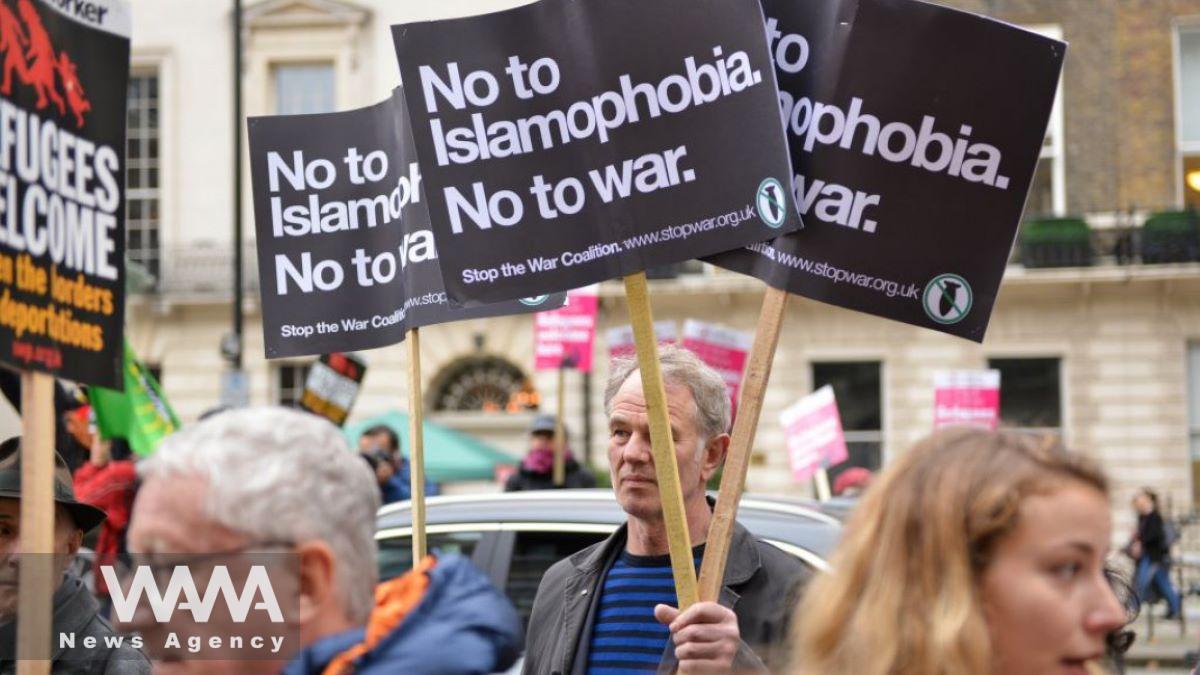From Islamophobia to Iranophobia: The West’s Fear of Change
WANA (Jan 01) – Everything begins with a whisper in the corridors of power, a silent campaign of destruction. But when it reaches the masses, it transforms into a loud and pervasive narrative: Islam is dangerous. Iran is a threat. The same familiar tale of Islamophobia and Iranophobia. But why? What drives this endless negative portrayal in the media, politics, and Western culture? To find answers, we must look beyond the headlines and delve into the fears that fuel these hostilities.
A Clash of Values: Islam and the West
Imagine a world where alcohol, gambling, and pornography are prohibited. A world where interest-based banking systems collapse under ethical constraints, and the exploitation of human desires for profit becomes illegal. This world isn’t a nightmare for everyone; for some Western powers, this world is a direct threat to their economic interests.
Consider the main pillars of Western economic prosperity:
The alcohol industry, with billions of dollars in annual revenue; The gambling sector, a multi-trillion-dollar empire; The pornography industry, which profits immensely by exploiting human desires; The arms trade, which thrives on global conflicts, benefiting more as wars and conflicts increase; And the interest-based financial system, built on debt and inequality.

In 15 months of Israeli attacks, 57,000 people have lost their lives and 1,413 families have lost all their members due to these attacks on Gaza, with no surviving members remaining. Social media/ WANA News Agency
Now, compare these with the principles of Islam. This religion explicitly prohibits gambling, interest-based systems, and the consumption of alcohol. Islam, as a moral and spiritual force, stands in opposition to these industries. For Western powers that rely on these financial sources, Islam is not merely a religion; it is a threat to their economic hegemony.
Iran: An Unforgivable Example for the West
When Islam is linked with an independent state, this fear intensifies. Consider Iran—a country that, unlike other societies, has resisted Western domination and preserved its Islamic identity. Iran is portrayed in Hollywood and Western media as a land full of danger and oppression. If you need proof, films like Argo and 300 are prominent examples.
It goes without saying that news media also play their part in these negativities, exaggerating any unrest or internal controversy to present Iran as unstable and hostile. But the question is, why? Because Iran refuses to comply with the world order dominated by the West.
These events are not accidental. By demonizing Iran, the West creates a fictional enemy—a symbol of what happens when a country refuses to act under their control.

Argo is a 2012 American biographical historical film directed by Ben Affleck. Social media/ WANA News Agency
Social Consequences: Stereotyping and Discrimination
These smear campaigns have serious consequences not only in politics but also in Western societies. Muslims are increasingly facing discrimination and negative stereotypes. Whether they are in their own countries or those who have migrated due to various reasons such as war, they are often portrayed as security threats or violators of Western values. These attitudes create deep social divides and promote extremism, which ultimately harms Western societies themselves.
Islamophobia and Iranophobia have also penetrated politics, sending the message to Western politicians that Islamic countries cannot be trusted partners. This attitude makes the West more cautious in its interactions with Islamic countries and more likely to resort to policies of pressure and sanctions. This issue has complicated international relations and hindered constructive cooperation.
Resilient Economy: Iran’s Weapon Against Sanctions
However, in the face of economic pressures and sanctions, Iran has introduced the concept of a resilient economy. This strategy is based on relying on domestic resources, reducing dependence on imports, and expanding domestic production. Iran has worked to reduce the impact of sanctions by investing in local industries, expanding non-oil exports, and building connections with Eastern countries and its neighbors.

People on protest about Islamophobia. Social media/ WANA News Agency
For example, advancements in petrochemical industries and indigenous technologies have made Iran a model for other countries. Although this path has not been without challenges, Iran has been able to overcome many of the pressures through innovation and utilizing domestic capacities.
The Real Threat
The West fears Islam and Iran because they represent an alternative model—one that, if successful, could inspire other countries to break free from the global order dominated by the West, an order whose foundations are currently being undermined by BRICS.
Islamophobia and Iranophobia, which world is currently witnessing their growth in European countries, are tools for preserving the power and economic interests of the West. By understanding this hidden agenda, we can challenge the dominant narratives and envision a world where justice, morality, and fairness replace greed and imperialism.

Unveiling the Subtext of Zarif’s Christmas Message
WANA (Dec 26) – In a symbolic and impactful gesture, Mohammad Javad Zarif, Iran’s Deputy Strategic Affairs President, accompanied by his wife, visited a church in Tehran to extend his greetings for the New Year and made Christmas Wishes to the Christian community. This move carries significance not only on a domestic and religious […]












